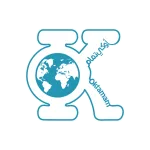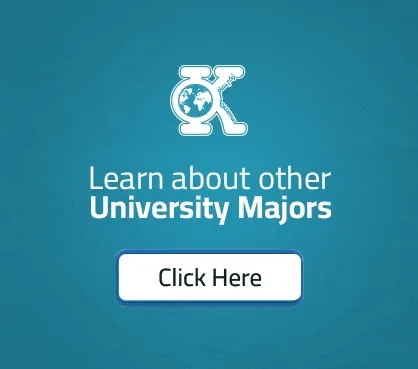As the most famous and widely spoken second language around the world, and the international language of civil aviation, technology, science, and business, English is considered one of the most powerful languages that is important to learn and master. If you want to master English and delve into the various sciences of the language, you should study English Language and Literature.
English language and literature specialty
From how the English language and its words evolved, through the different historical periods of English literature, to studying how English is acquired and used in different contexts, studying English language and literature provides a deep knowledge of everything related to the English language and literature. It equips you with the necessary tools for deeply and creatively analyzing both spoken and written word.
By studying English, you will gain a deep understanding of the language, familiarize yourself with the different sounds we make when pronouncing English words, the different dialects of its speakers, and the grammatical rules and how they are used to communicate with each other.
Being a fundamental part of the language, English literature is a rich linguistic resource that introduces new words and vocabulary, and helps students of English practice the four language skills: speaking, listening, reading, and writing. From books and poetry to prose works, during your study of English literature, you will read a variety of literary works from different time periods, from medieval literature to modern literary culture of the 21st century. You will learn how to analyze and critique English literary works, dissect theories and passages, criticize prose and poetry, and relate texts to their social, historical, and political contexts while thinking creatively and analytically to understand themes and authors more deeply.
The Importance of Studying English language
By studying English language and literature, you will be able to analyze both formal and informal spoken conversations, textual conversations, advertising styles, and the use of English in specialized fields such as legal and medical speeches.
Also, through studying this major, you can take your hobby of reading to a new level as you will be able to read many books and constantly learn new things about the English language. This is in addition to acquiring many skills such as critical and creative thinking, problem-solving, effective communication skills, and improving research and writing methods.
Curriculum of English Language and Literature
Here are some of the topics you might cover during your Bachelor’s studies in English Language and Literature. Note that the academic content varies from one university to another.
First Academic Year
- Introduction to Computing
- English Literature
- British Culture and Civilization
- Development of Listening and Speaking Skills
- Advanced Reading and Writing
- Principles of Ataturk and History of the Turkish Revolution
- Turkish Language
- Popular Culture
- Written Communication of Ideas
- Introduction to Literary Studies
Second Academic Year
- Academic Research and Writing
- Sources of Western Culture and Civilization
- Linguistics
- Translation from English to Turkish
- Literary Genres
- Rhetoric and Arguments
- Elective courses
Third Academic Year
- Shakespeare
- Translation from Turkish to English
- Readings in Literary Criticism
- Cultural Studies
- Literary Theory
- Elective courses
Fourth Academic Year
- Modern Literature
- English Language and Global Culture
- Theory in Practice
- Postmodern Literature
- Narrative in Fiction and Cinema
- Elective courses
- Graduation Project
Job opportunities
By studying English language and literature, you can gain many job opportunities, especially those that rely on creative writing. You can work in fields such as:
- Education
- Journalism
- Writing and Publishing
- Marketing
- Public Relations




